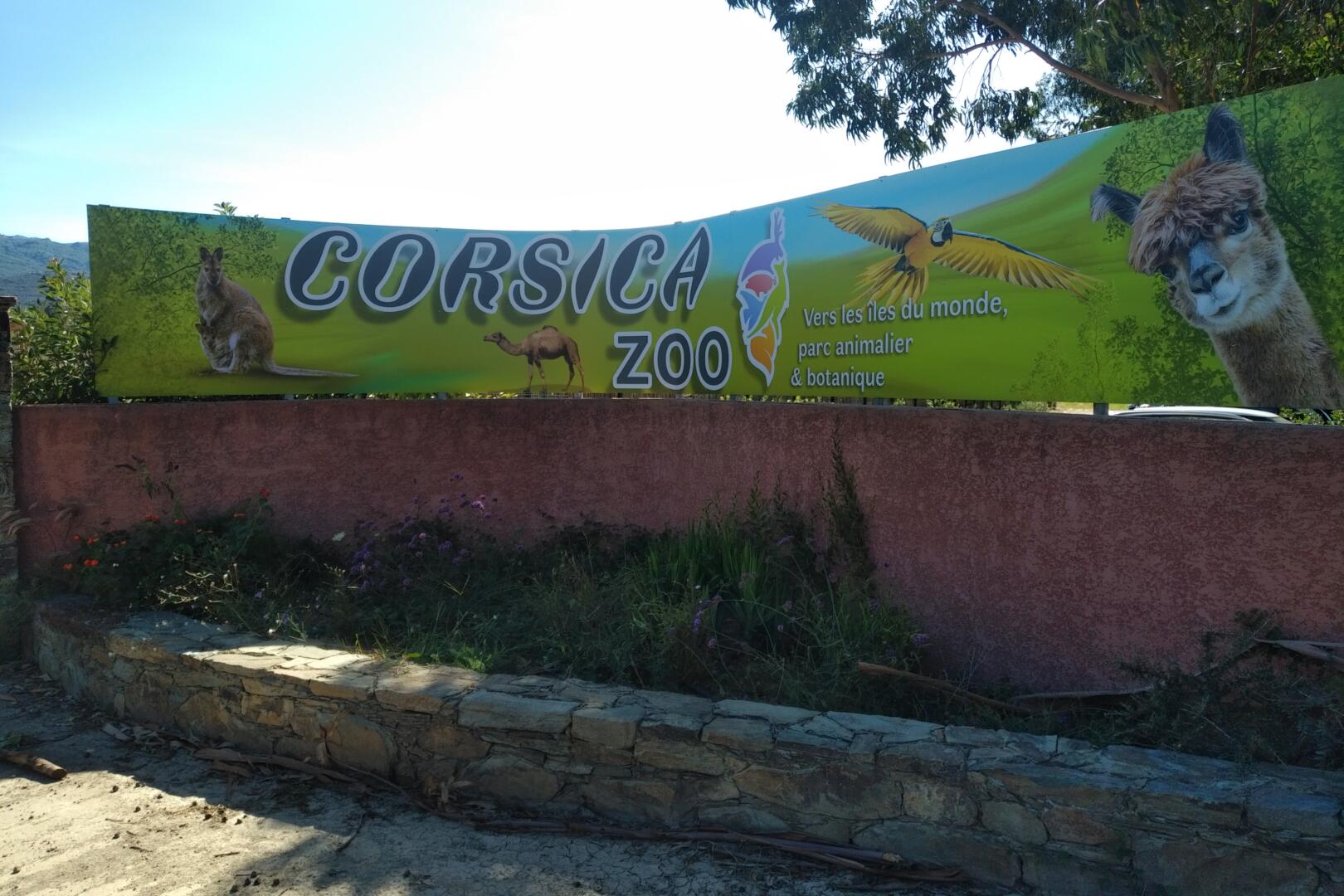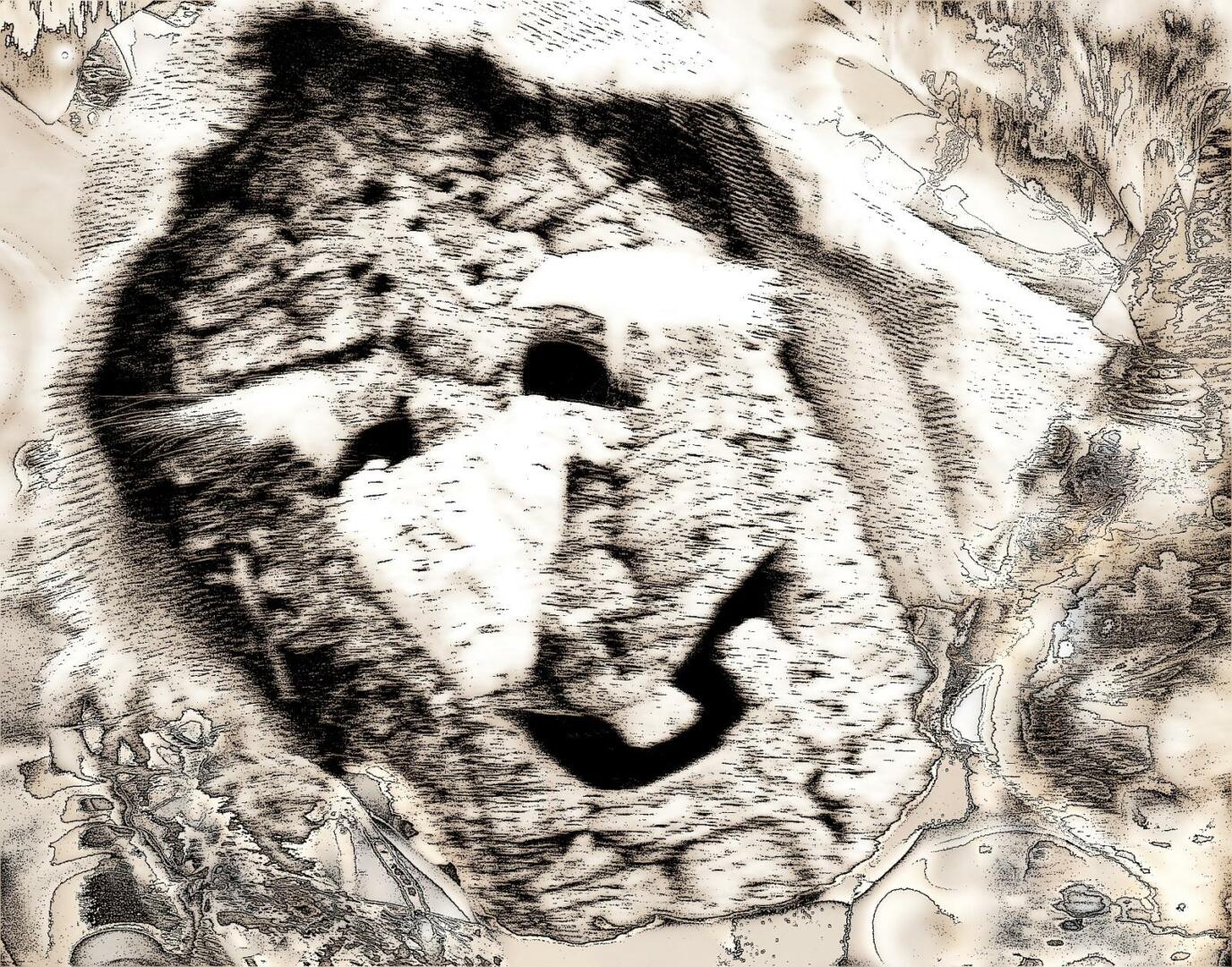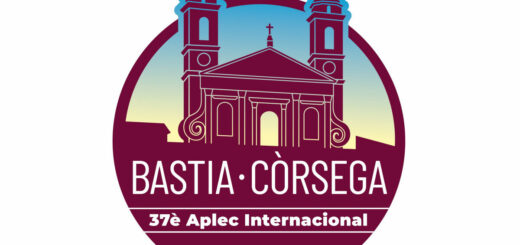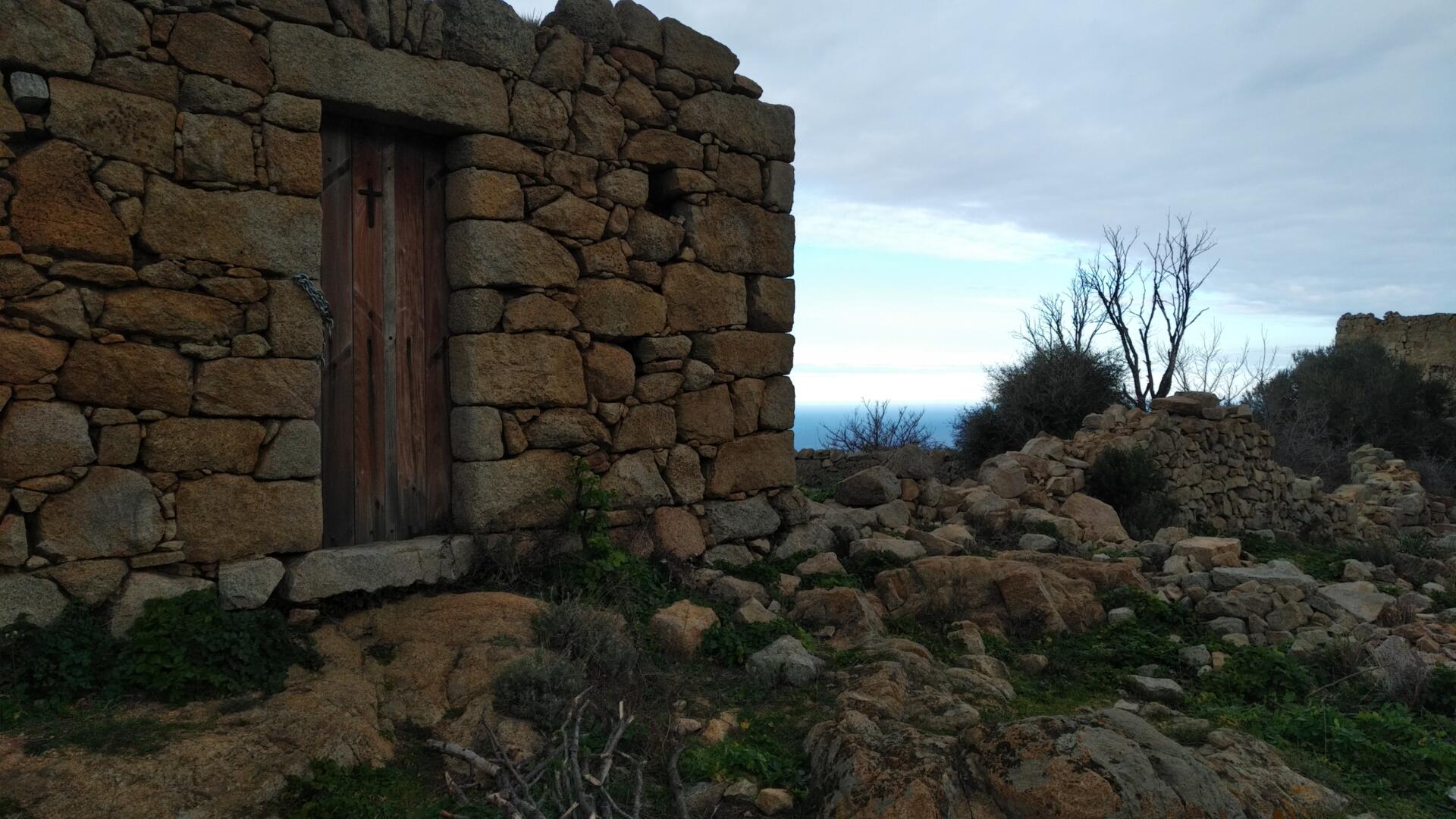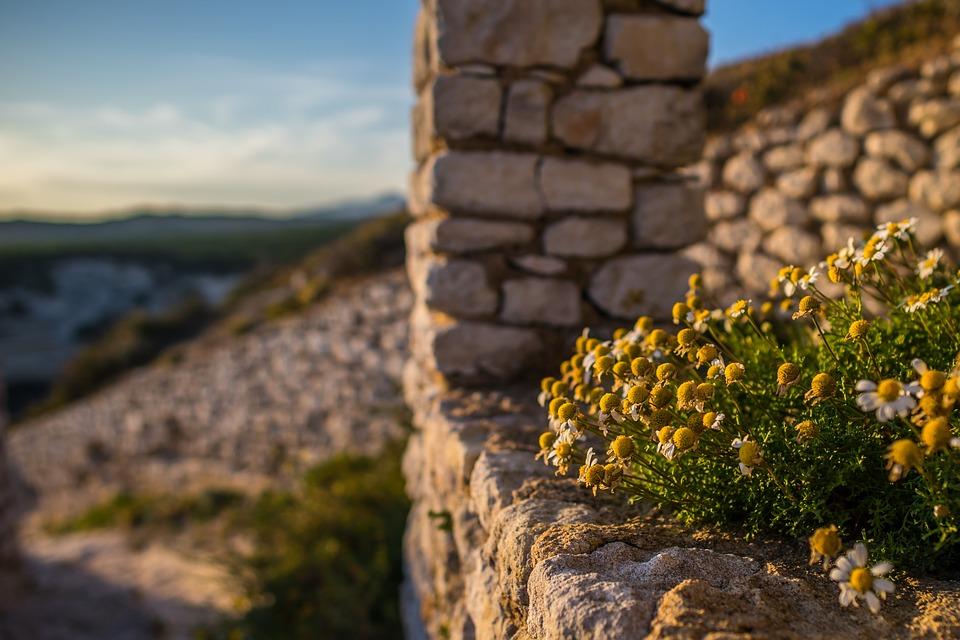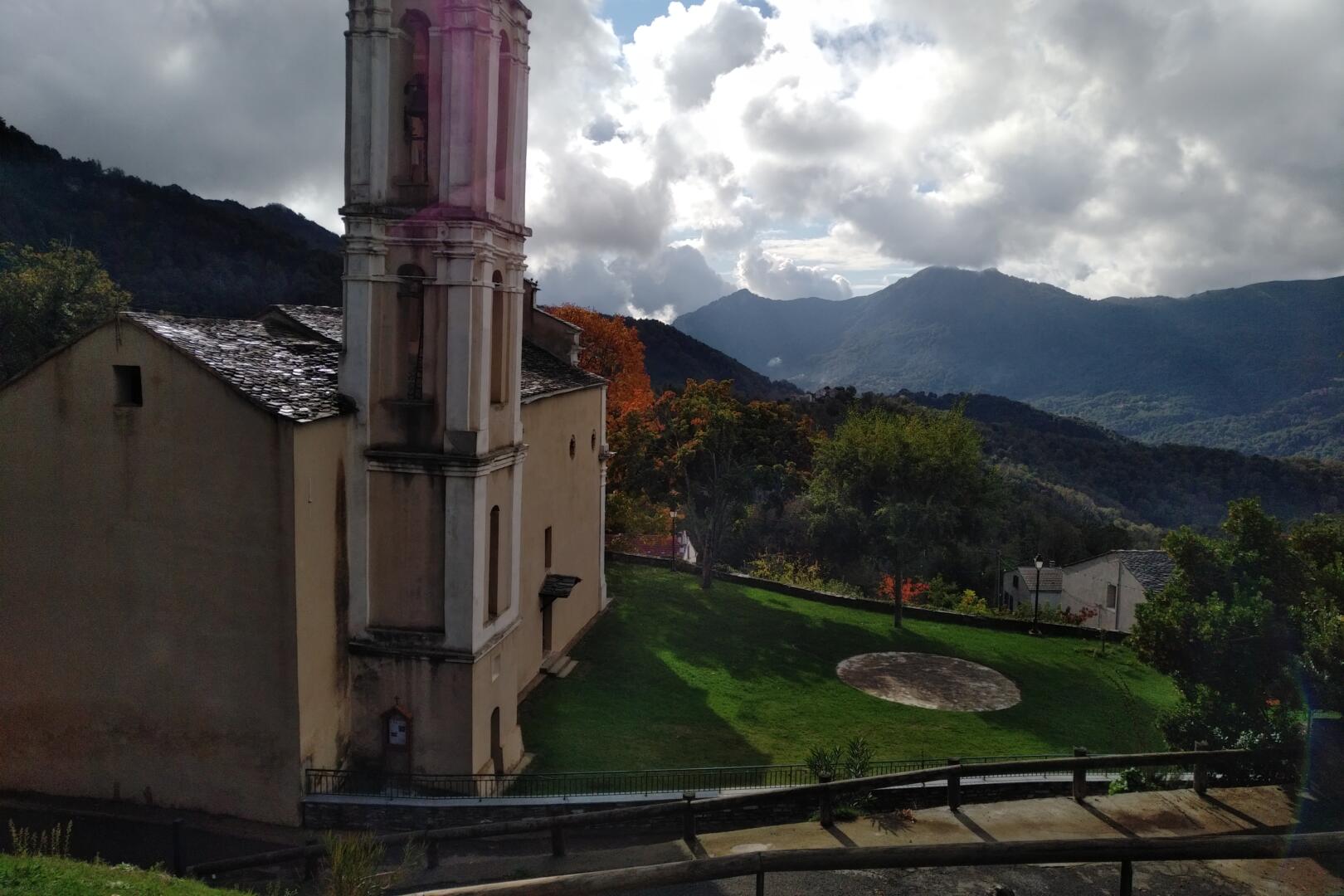“Donne di Corsica”: Celebrating Corsican Women in the Island’s Museums
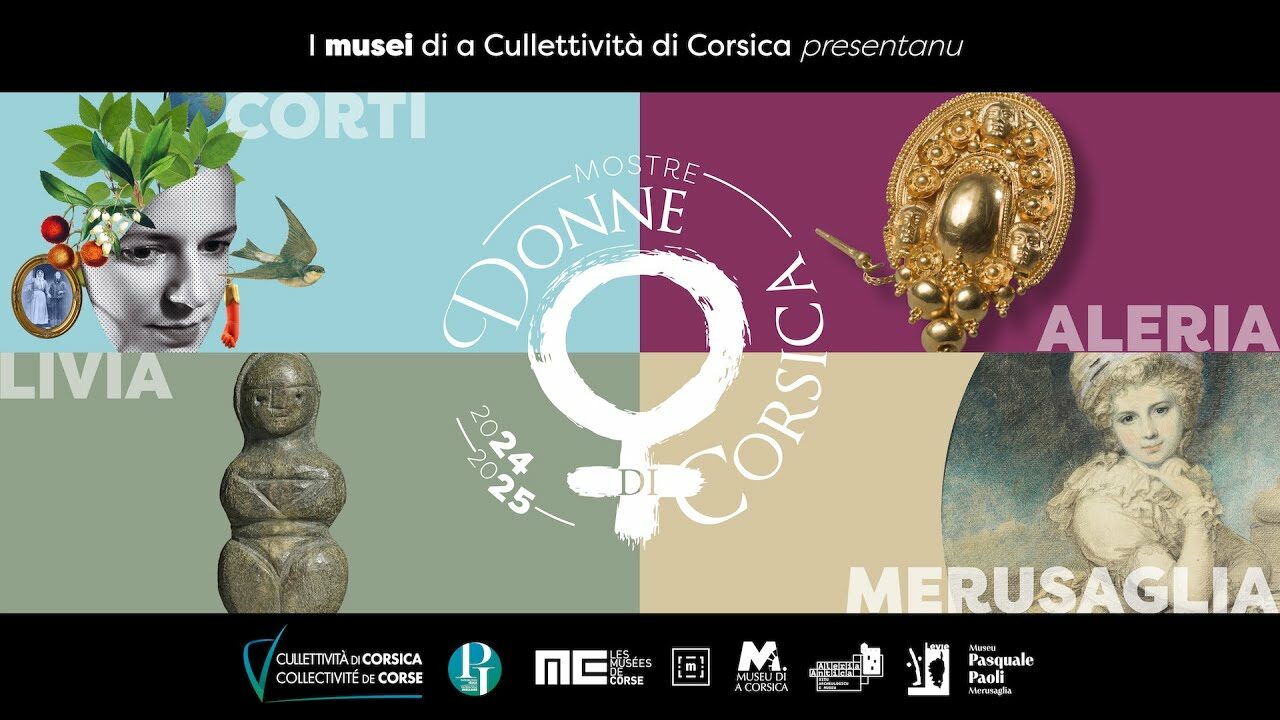
In 2024, the Museums of Corsica embarked on an exceptional initiative to highlight the role and place of Corsican women throughout the centuries. “Donne di Corsica” is a series of exhibitions travelling through the various museums of the island, offering a fascinating dive into the lives, struggles, and contributions of Corsican women.
While the exhibition dedicated to Maria Cosway and presented at the Museum Pasquale Paoli is unfortunately no longer available this year, many others are ongoing or will begin in the coming weeks. You have exactly one month left, until March 15, 2025, to enjoy the photographic exhibition “Méditerranéennes – Ritratti di donne” at the Museum of Corsica in Corte. The selection of photographs offers “a documentary, photo-journalistic, social, and artistic vision of the daily life of women in the Mediterranean”. Each image provides a reflection, a question, and a testimony to the notion of portraiture and the place of women in society.
2025 Exhibitions on the Theme “Donne di Corsica”
“Méditerranéennes – Ritratti di donne” is presented as “an introduction” to the exhibition “Femin’isula” which will be discovered from spring 2025, still at the Museum of Corsica in Corte. The exhibition presents a journey tracing the role of women in island society and their march towards emancipation. It explores this theme from sculpture to painting, through photography, manuscripts and prints, music and films.
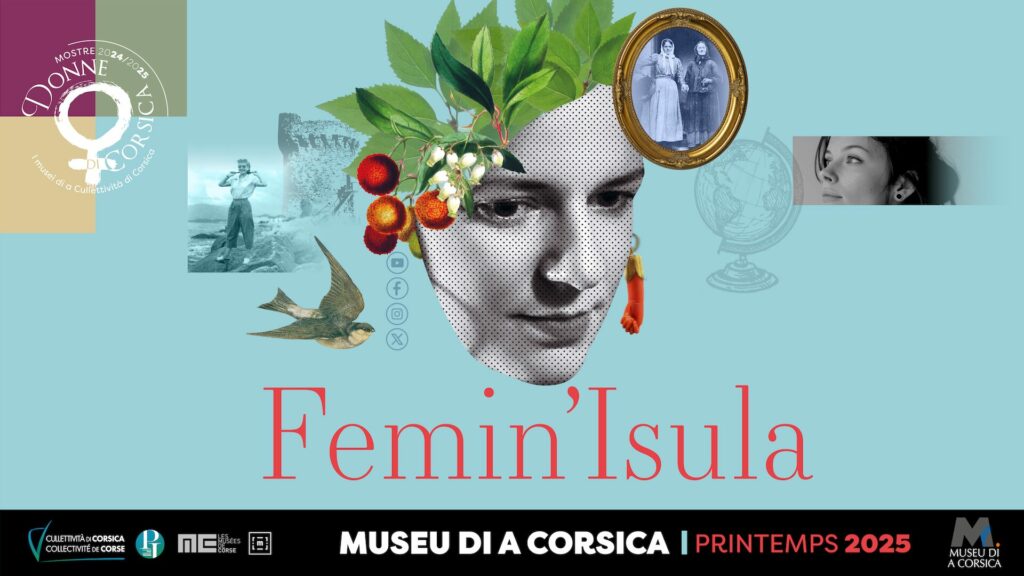
Furthermore, you can always visit the Archaeological Museum of Aleria (which we discuss here) to discover the “Luce Etrusca – Etruscan Female Ornaments” exhibition. For the first time, the Etruscan jewellery collections from the excavations conducted between the 1960s and 1980s in the Aleria-Casabianda necropolis are on display.
Finally, the Museum of the Alta Rocca in Levie (Livia in Corsica) proposes until September 15, 2025, the exhibition “Femina Celesta – Symbols of the Sacred Feminine”. The exhibition offers a journey through time through female representations sculpted in Europe and around the Mediterranean sea. The statuettes, by their form or technique of realization, allow us to question the role and status of women in non-literate societies from the Paleolithic to the Bronze Age.
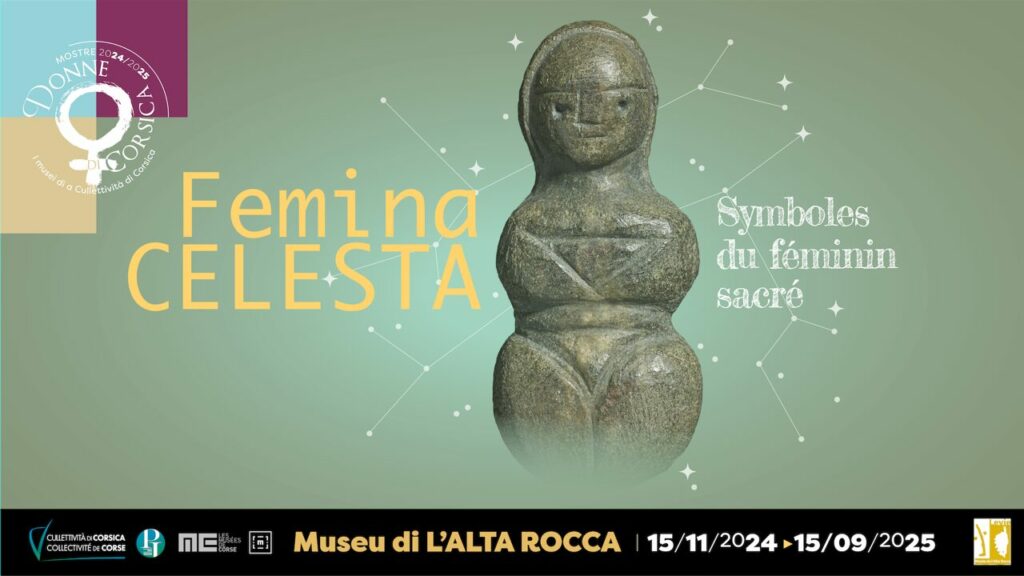
For more information, you can consult the official website of the Collectivité de Corse (in French).
